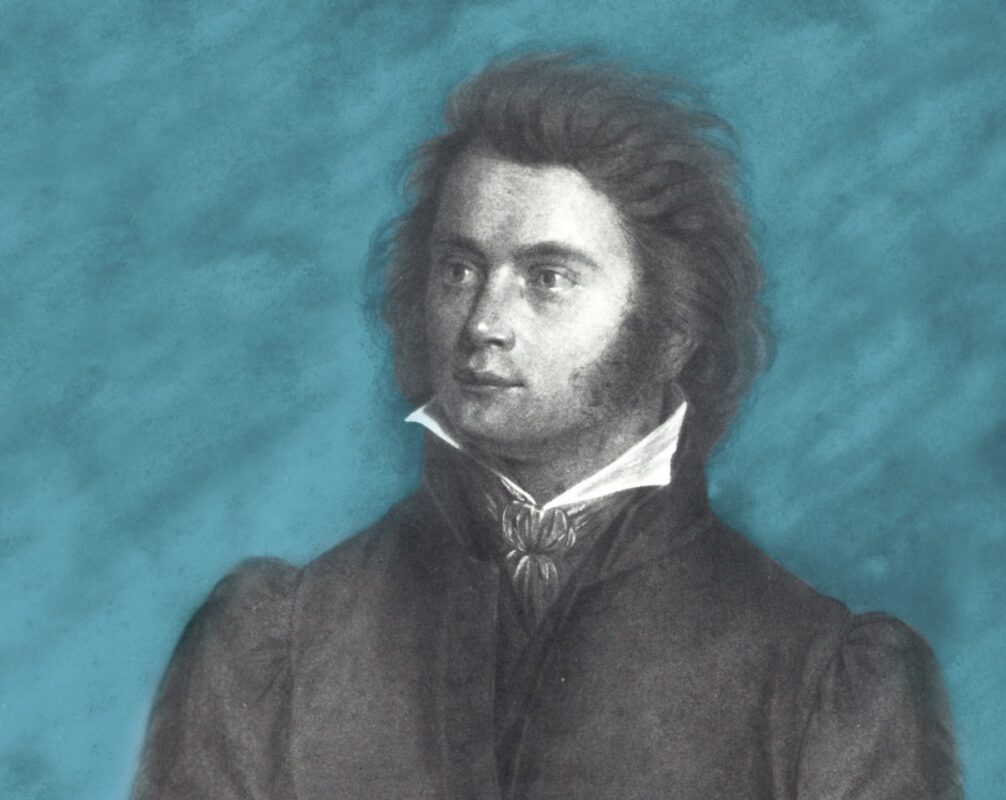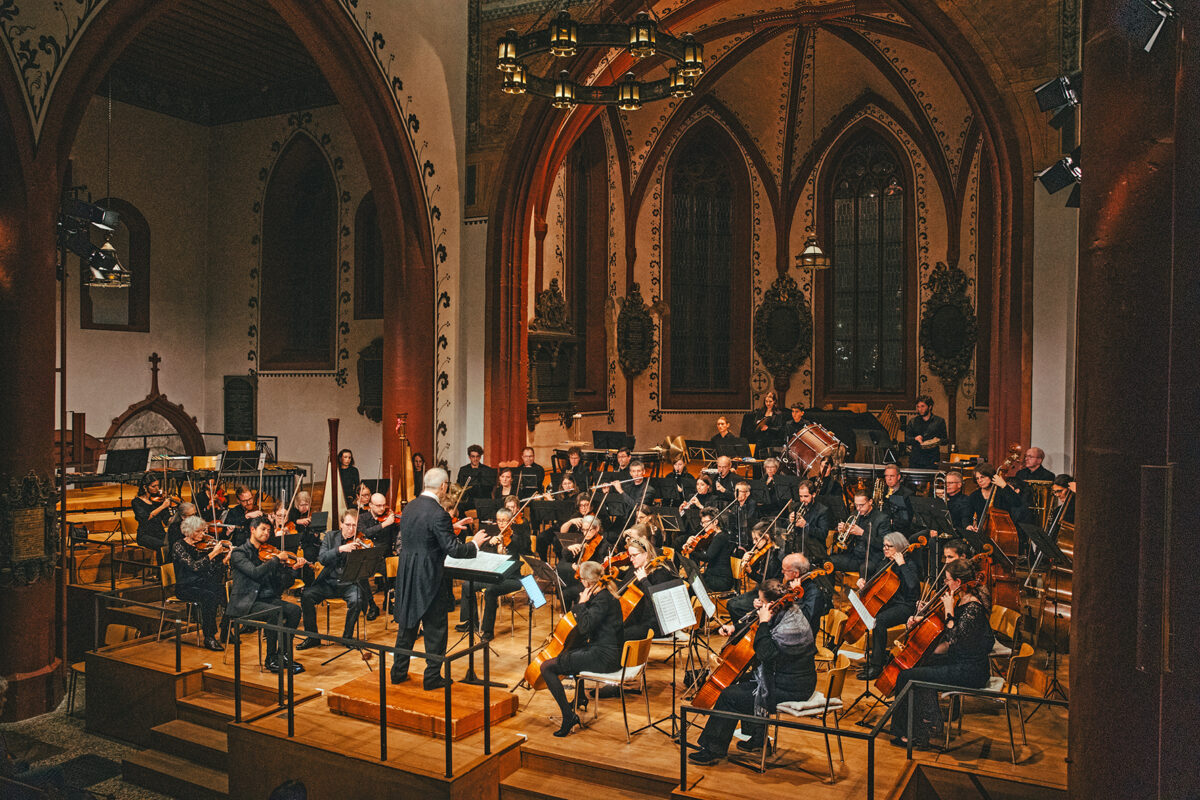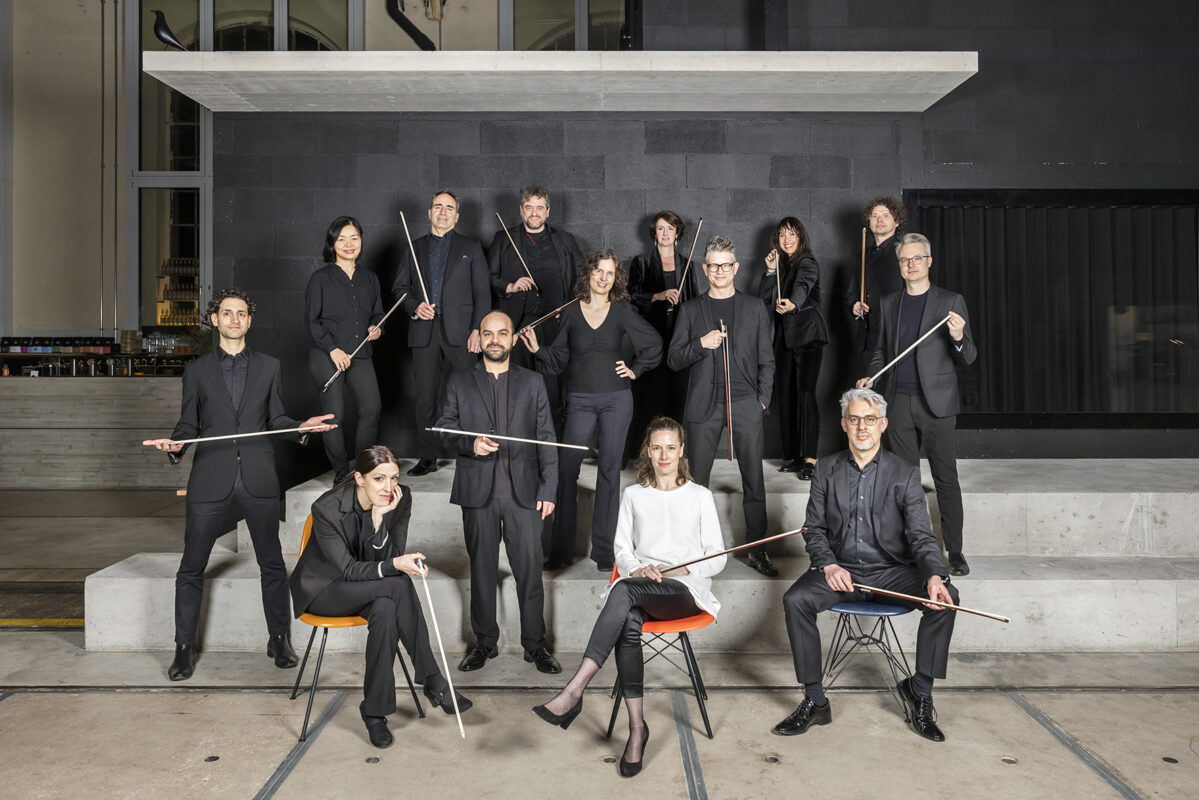Still a lot to discover
In Brugg, the hometown of the unfortunately somewhat forgotten composer, Barbara Vigfusson organized an all-day event to mark the 180th anniversary of Friedrich Theodor Fröhlich's death.

What most singers don't know: A very well-known folk song, To whom God wants to show right favorTheodor Fröhlich (February 20, 1803 - October 16, 1836) wrote this poem, based on a poem by Joseph von Eichendorff. His father, who had worked his way up from tanner to primary school teacher, even to Grand Councillor, wanted to make a lawyer out of the highly talented young man who aspired to music, so he sent him to the best Latin school in Zurich, where he sang in a choir at Nägeli's music institute and was also taught a little by Hans Georg Nägeli. At the University of Basel, he hardly attended any lectures, but composed many works largely self-taught, most of which he later destroyed because they did not satisfy his self-criticism. Torn by inner conflict, he fell ill and returned home. Two years of study in Berlin completed his musical education. Back in the confines of his homeland, he became a music teacher at the cantonal school in Aarau and "music director" in Brugg. This was arranged by his brother, the writer, politician, pastor and teacher Abraham Emanuel Fröhlich. The arduous job became more and more of a burden for him, and marital difficulties and financial worries due to an illegitimate child led to his early suicide: he jumped into the River Aare.
On the day of commemoration, for which Walter Labhart had compiled a knowledgeable, detailed program, the morning was devoted to presentations and a panel discussion (Max Weyermann, Tom Hellat, Bernhard Billeter, Max Baumann and Anna Kardos, moderator) on the local history, life, musical environment and genealogy of the composer. A guided tour of the old town was followed by four top-class concerts: the Miserere a 12 voci and four motets, harmoniously and expertly sung by the Aargauer Vokalsolisten under Markus J. Frey, accompanied on a Broadwood fortepiano by Stefan Müller, spread a great deal of melodiousness. The "musical soirée" by Susanne Oldani and Rudolf Remund, accompanied by Anne-Marie Simmen, offered twenty songs as a secular addition, combined with appropriate text readings.
In my subjective opinion, the greatest surprises, both compositionally and interpretatively, were the secular and spiritual women's choirs conducted and accompanied by Barbara and Johannes Vigfusson and two string quartets performed by the Casal Quartet, still quite young and eager for discovery. This instrumentation, which was rightly regarded as the supreme discipline of chamber music, inspired Fröhlich to an early Romantic-influenced and technically and formally masterful construction. They are at least on a par with the eight string quartets by his colleague Mendelssohn, who was six years younger. The latter had condescended to Fröhlich in Berlin in 1826. The majority of Fröhlich's works are still awaiting publication; there is still much to be discovered.
Report by Hans Christof Wagner in the Aargauer Zeitung from October 16, 2016:
Link to the report








